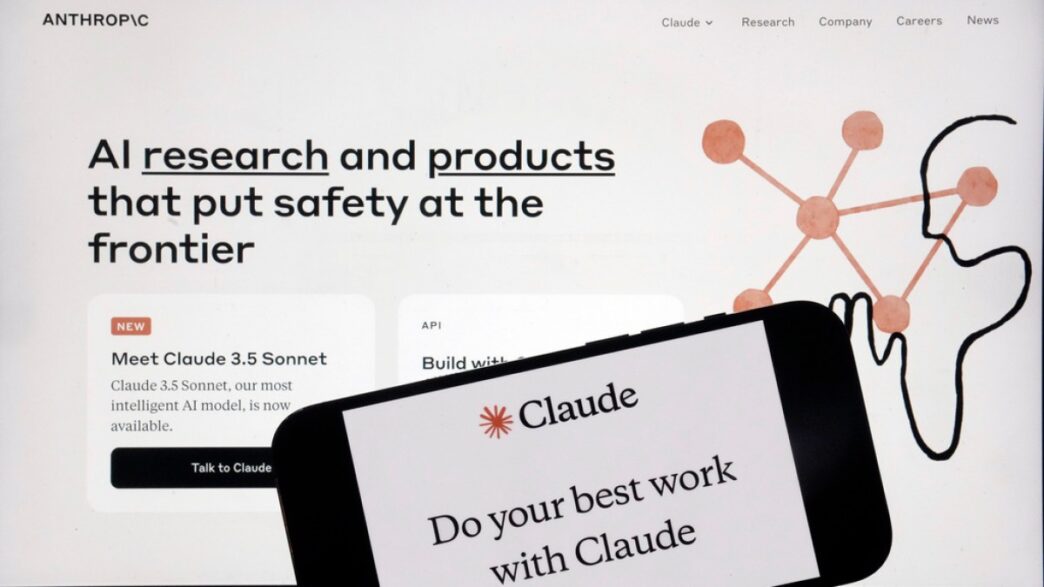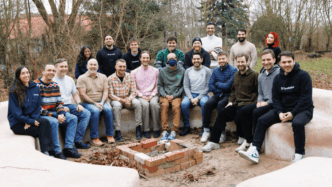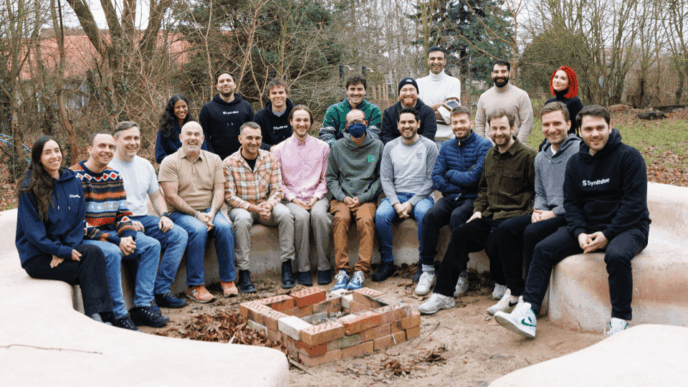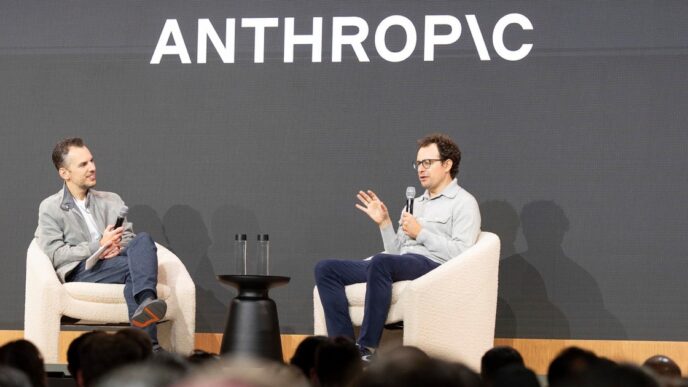Anthropic wins key “fair use” ruling in AI training lawsuit. A US federal judge sided with Anthropic, rejecting claims that the company illegally used authors’ books to train its AI chatbot, Claude.
The lawsuit was a class action from authors Andrea Bartz, Charles Graeber, and Kirk Wallace Johnson. They said Anthropic “strip-mined” their work without permission. The judge disagreed, saying the AI outputs were “exceedingly transformative” and fell under copyright’s fair use protections.
US District Judge William Alsup wrote:
“Like any reader aspiring to be a writer, Anthropic’s LLMs [large language models] trained upon works not to race ahead and replicate or supplant them — but to turn a hard corner and create something different.”
The ruling comes amid heated debates over AI’s creativity vs. copyright theft. But while Anthropic scored a big win, the judge still slammed its “central library” containing seven million pirated books. He said that part was copyright infringement and not fair use.
Alsup ruled Anthropic must face trial in December over the pirated works.
The judge clarified Anthropic had “no entitlement to use pirated copies for its central library.”
This decision marks a mixed but major moment for AI devs, who rely on sweeping copyrighted materials for training. The outcome will shape future AI copyright battles as regulators weigh in.
Stay tuned for the December trial to see the case unfold.














